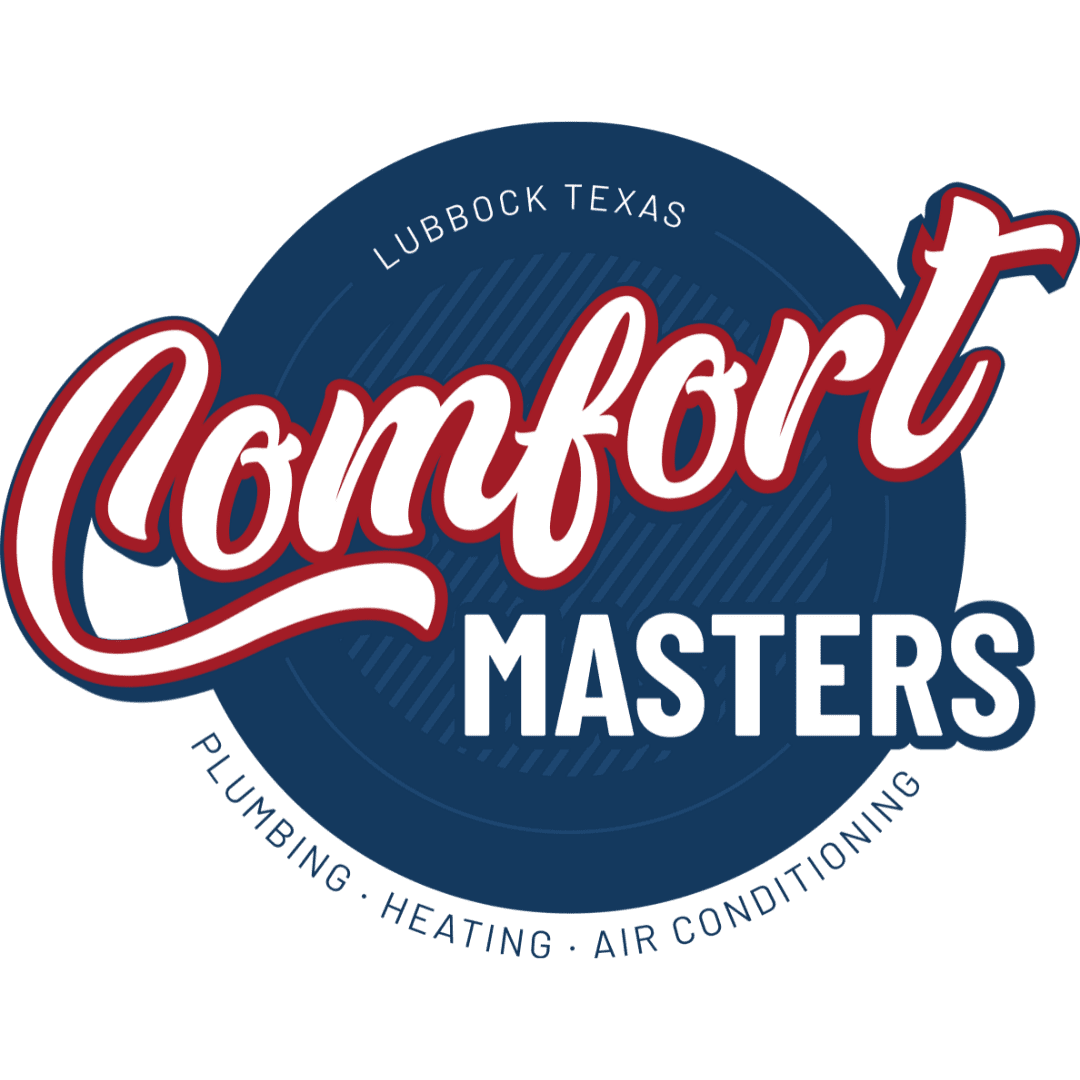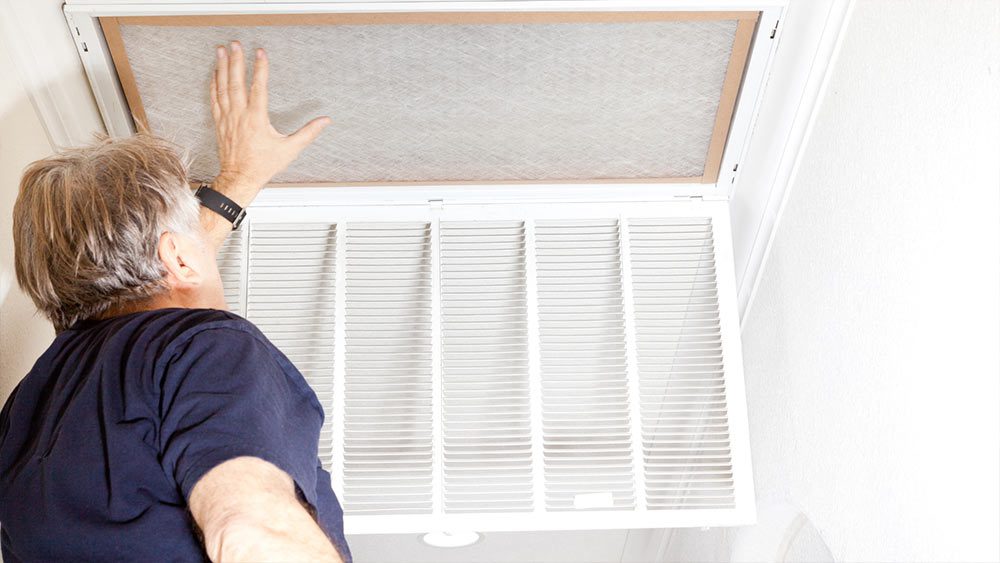Pollutants, mold, dirt, and dust can sneak into your home more quickly than you think, leading to allergies, asthma, and other health problems. Therefore, you must ensure the air quality is clean and safe for yourself and your family. Here are some tips to improve the air quality in your home, so you can live comfortably and protect your health!
Change Air Filters Regularly
Changing filters is easily overlooked when you’re busy with work and life. You also might have heard conflicting recommendations on when you should change your filter. The best “change schedule” is based on your actual use. So, replace the filter if your filters are getting dirty or clogged before the recommended “change by” date!
Of course, your home is unique, so the dust and dander might exceed the expected replacement date estimate. You should also consider the quality of the filter you’re installing. While they might be more inexpensive, cheaper filters also don’t last as long.
You might need to change those cheaper filters once a month, whereas a higher-quality filter can last up to 90 days. So, test out filters with different filtration-level ratings to determine what’s suitable for your home and your preferred replacement periods.
Keep Floors, Surfaces, and Furniture Clean
Dust, dirt, pollen, and dander can settle onto the surfaces and floors of your home. They collect in carpeting, bed sheets, and other porous surfaces. Regularly dust, sweep, vacuum, and mop surfaces. Then, too, you’ll launder your sheets and linens to keep those particles at bay. Cleaning does help to prevent them from recirculating throughout your home.
Use Air Purifiers
Air purifiers clean pollutants and residual dust that evades HVAC air filters by pulling in and trapping unwanted pollutants, then redistributing the clean air. Air purifiers are an essential line of defense, combined with HVAC filtration, to achieve good indoor air quality. So, you should also replace the filters or clean the metal slates on Ionic or HEPA purifiers to ensure maximum efficacy.
Let in Some Fresh Air
If you use household cleaners or find your house is getting stuffy, open the window to let in new air and push your stale air out. It’s a great way to ensure your air is fully cycled as you remove unwanted particles, smells, or chemicals lingering in your home.
Avoid Excessive Moisture
One of the most harmful causes of poor air quality in your home is mold and mildew buildup. Although Texas isn’t always humid, you may still experience mold issues, particularly on the coast or eastern regions of the state.
You might also experience mold or mildew if you have a water leak or have some flooding conditions. You can mitigate the effect of moisture by setting your HVAC system’s humidity to 30% and 50% to avoid mold and mildew growth. A dehumidifier is another excellent option.
Maintain Your HVAC Units well
If your AC unit is faulty or old, it just won’t work either, so it can’t effectively filter out those undesirable particles. Your AC unit is the primary barrier to outside pollutants. Your air filters are the secondary barrier, and an air purifier is an additional optional barrier.
However, your AC is still the first line of defense and thus is highly susceptible to collecting all the particles it pulls in from the outside air. That’s why it’s so important to call our expert technicians at Comfort Masters to inspect your AC for any problems or maintenance issues at least twice a year or every six months.
How Can Comfort Masters Help You Achieve Good Air Quality?
At Comfort Masters, we know how important good air quality is for your health and quality of life. Our professionals have the expert knowledge to inspect and maintain all HVAC units, keeping your systems clean and tuned for top performance. So contact us now to get the air quality you deserve!





